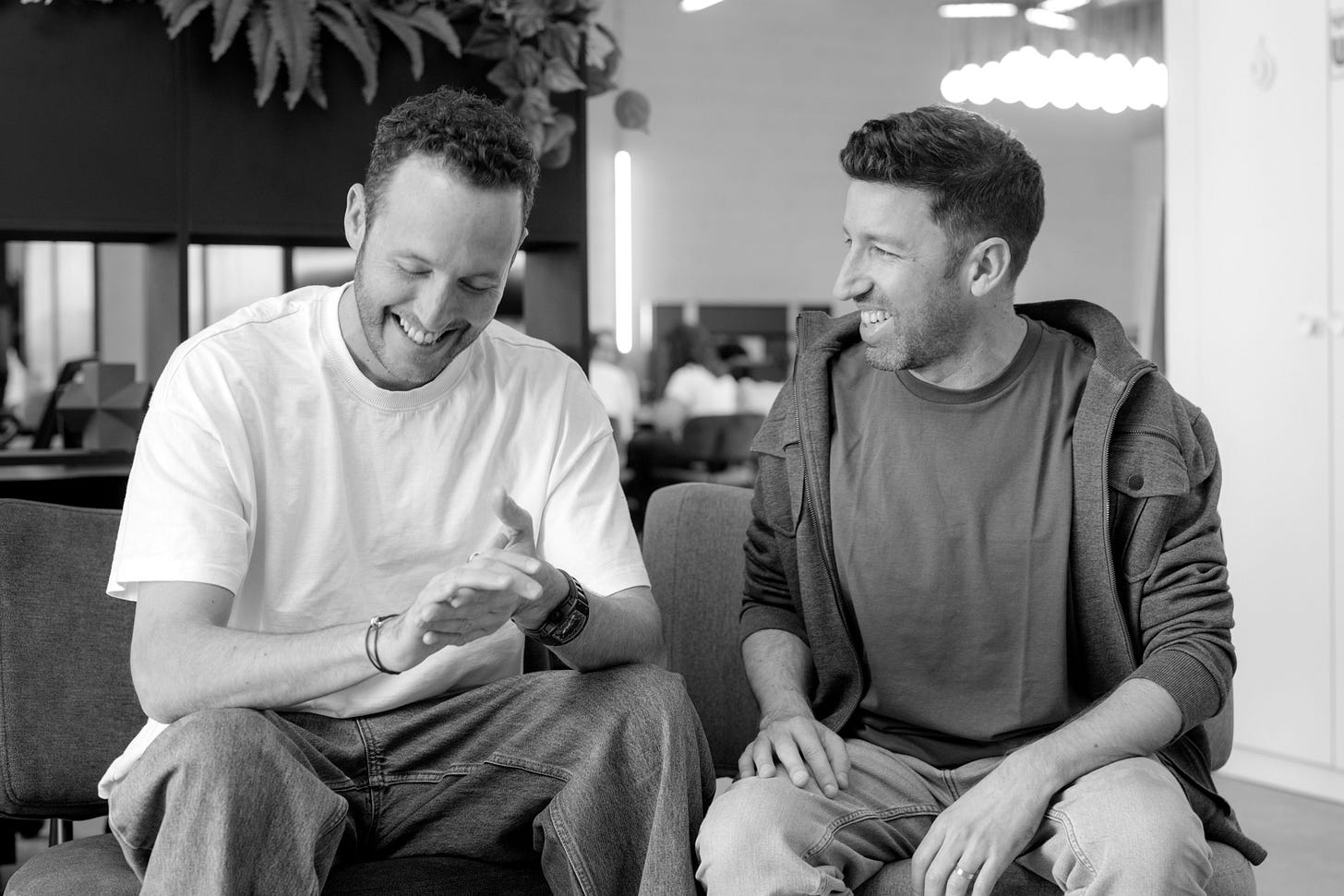Sola Raises $35M to Ramp Up Its AI-based Cybersecurity Tooling
Building a 'Stripe for security', the Israeli startup aims to plug the many gaps and extra work created by existing cybersecurity apps
Earlier this year, Israeli cybersecurity startup Sola emerged from stealth with $30 million and ambitions to become the “Stripe for Security”: a platform for security and IT teams to build customised no-code and low-code security tooling, knitting together the disparate security apps that were already being used to help them work together in a more effective way.

Now with some 2,000 customers picked up since releasing its first beta in May, Sola is ramping up its business. The startup has closed a Series A of $35 million from a raft of top investors to expand its team and its technology. On the roadmap: a lot more AI, said co-founder and COO Ron Peled.
“Today, users are prompting AI all day long,” he said in an interview. “What we are building is proactive AI. Once you connect sources into Sola, Sola will prompt the user.”
Sola wants its “prompt” product to be able to then build applications to address whatever issue Sola has identified. The company has built an amalgamation of AI tooling that taps some of the more established LLMs that then combine with specific knowledge and its own AI decision-making built in-house on Sola’s own expertise.
Its upcoming prompt product will use all of this and include dashboards, alerts and logic to power the applications. This is expected to be launched “in the coming months,” he added. But it will still require users to pull the trigger on actions, so to speak: Sola for now is only “read only”, Peled said, one way it keeps guardrails on its AI as it continues to develop.
Sola’s new funding and growth are coming at a time of urgency in the world of cybersecurity.
On one hand, cyber continues to be a key battleground for organisations with wide-reaching implications, as evidenced by mass, long-term campaigns like Salt Typhoon, which researchers are still working to fully understand.
On the other, the clever tools that have been built to protect organisations, institutions and infrastructure from cyberattacks still do not work perfectly. Ironically, sometimes they even create more work for people in the process of trying to protect them and their assets.
The paradox of these two factors is what Sola aims to address.
The company’s Series A is bringing on new, notable investors to its cap table.
Previous backer S32 is leading the round with participation from Microsoft’s VC fund M12 and New Era Capital Partners. Ex-Sequoia head honcho Mike Moritz, S Capital, and Glilot Capital Partners, who also backed Sola in its seed round, are participating here, too. The company is not disclosing its valuation and has raised $65 million to-date.
Part of the early interest in Sola comes from its quick traction. Peled said that the 2,000 figure includes both small and mid-market companies as well as individuals from larger enterprises.
Part of the interest also comes from the company’s pedigree. Peled’s co-founder, Sola CEO Guy Fletchter (pictured above left, with Peled above right), previously co-founded and led Cider Security, an application security startup acquired by Palo Alto Networks for $300 million in 2022. Peled knows the pain points Sola’s targeting from his previous life as an end user, as chief infosec officer for AI commerce company LivePerson and working as an advisor to a number of other companies.
“Sola is transforming cybersecurity as we know it and ushering it into the age of AI,” said Todd Graham, Managing Partner at M12, in a statement. “In just a year, the team has already shown the vision and execution to make that transformation real.”
As with a number of other cyber startups out of Israel, Sola’s roots are in military intelligence, and because of that, a lot of the cybersecurity startups that come out of that country have “dual-use” as part of their DNA.
To that end, Sola is not (yet) specifically targeting mass enterprise customers and the government sector with its products, Peled said, focusing now on the need in the commercial sector, but longer term the intention and need will be to serve them, too.


